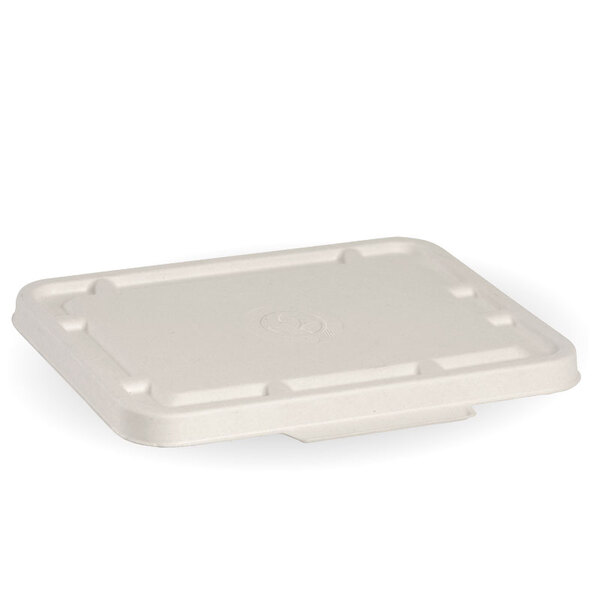People are looking for ways to reduce their carbon footprint and make environmentally conscious choices. This is particularly true in the food industry, where packaging waste has become a significant issue. Consumers and businesses ask, how can they package food without harming the environment? The answer appears to be plant-based supplies, which are budding as a practical solution for food packaging.
The use of takeaway boxes made from plant-based materials is gaining traction due to the demand for eco-friendly alternatives. Unlike traditional packaging, which is often made from plastic, these biodegradable options offer a cleaner, greener way to enjoy food. As more people become aware of the environmental impact of single-use plastics, the challenge of meeting it is rising.
Eco-Friendly and Sustainable
One of the main reasons it is becoming popular is its sustainability. Traditional plastic decomposes for hundreds of years, leading to long-term pollution. Plant-based containers, however, are made from renewable resources like cornstarch or sugarcane.
These materials break down naturally, reducing the burden on landfills and oceans. For businesses looking to align with sustainable practices, using this is an easy step toward reducing environmental harm.
Non-Toxic and Safe
Unlike plastic, plant-based materials do not release harmful chemicals into food. It makes them safer for consumers, especially when packaging hot or greasy food. The absence of toxins also helps protect marine life, as containers degrade harmlessly in the environment. It makes them an ideal choice for takeaway food and beverages.
Lightweight and Sturdy
Despite being eco-friendly, plant-based containers are just as functional as their plastic counterparts. They are lightweight, making them effortless to transport and handle. At the same time, they are sturdy enough to hold all types of food, from hot soups to heavy salads. This balance of strength and convenience makes them attractive for restaurants and consumers, ensuring they serve the same purpose as traditional packaging but with far less environmental impact.
Boosting Brand Image
Adopting plant-based packaging benefits the environment and can enhance a brand’s image. Consumers today are more likely to support businesses that are committed to sustainability. Offering eco-friendly takeaway options shows that a company is forward-thinking and values its customers’ environmental concerns. It can increase customer loyalty and a positive reputation in a competitive marketplace.
Lowering Carbon Footprint
Another advantage is its lower carbon footprint. The production process of these materials often requires less energy and generates fewer emissions than plastic. Companies can considerably reduce their overall environmental impact by switching to plant-based solutions. It helps the planet and can be a cost-saving measure in the long run as businesses reduce waste disposal fees.
Composting and Waste Reduction
A significant benefit of plant-based takeaway packaging is its compatibility with composting. Unlike plastic, which can take ages to break down, plant-based containers decompose within weeks in commercial composting facilities. It means that food packaging no longer has to contribute to overflowing landfills. Additionally, businesses that adopt compostable packaging can encourage customers to dispose of their containers in compost bins, further reducing waste.
Meeting Consumer Expectations
Consumers increasingly expect businesses to provide sustainable options, especially regarding food packaging. People are more conscious of their purchases’ environmental footprint and are drawn to brands prioritising eco-friendly practices. By offering plant-based alternatives, businesses are meeting these expectations and positioning themselves as leaders in environmental responsibility.
The future of food packaging is clear, and takeaway boxes made from plant-based materials are leading the charge. As consumers and companies become more aware of the environmental effects of their choices, the shift to sustainable packaging is inevitable. Plant-based packaging offers a practical, eco-friendly solution that benefits both the planet and consumers. With its numerous advantages, from reducing waste to boosting brand image, it’s no surprise that plant-based options are becoming the standard for food packaging in today’s environmentally conscious world.
